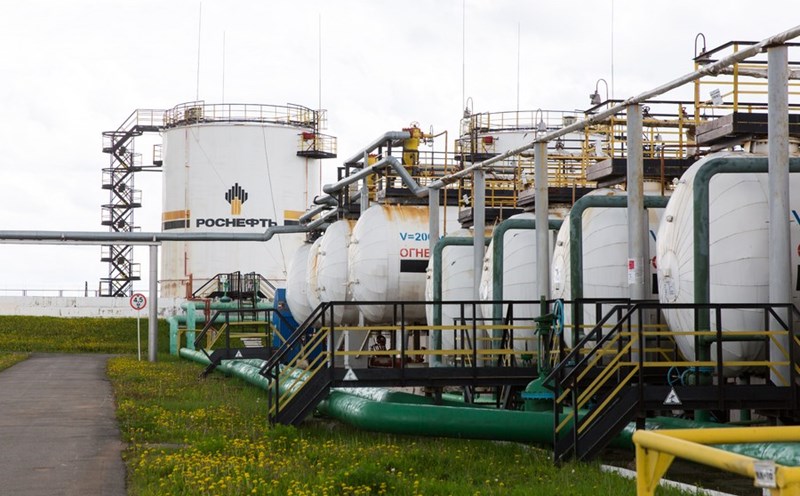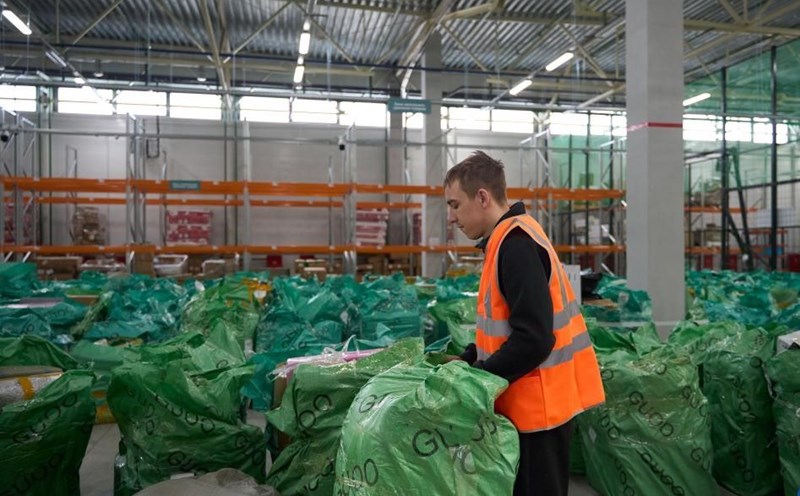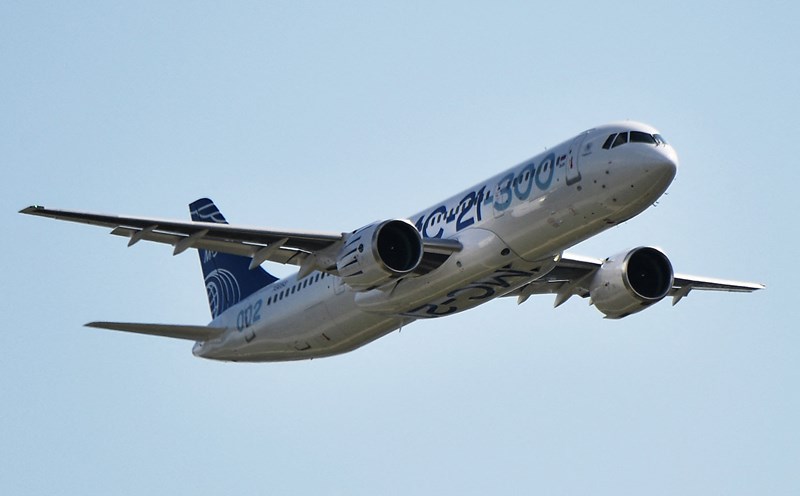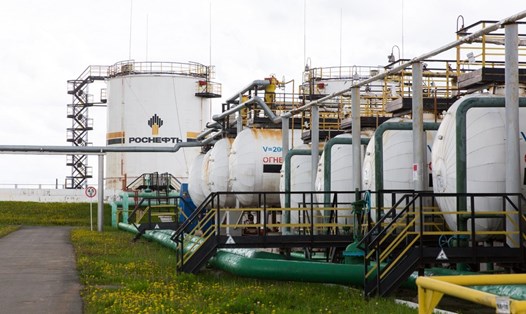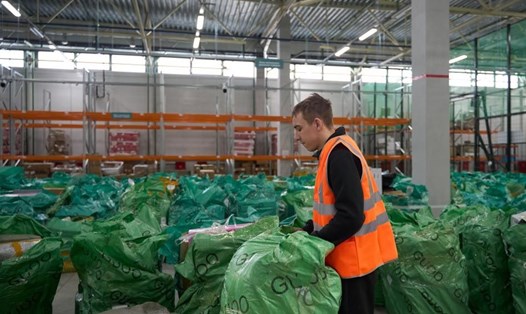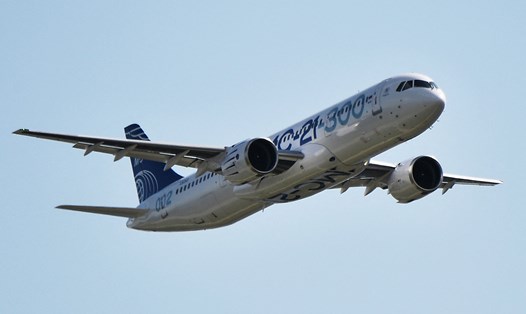The Moscow Times reported that Mr. Sergei Chemezov - head of the Russian state defense corporation said that in the coming years, the Russian aviation industry will have to speed up the process of replacing hundreds of foreign civil aircraft before Moscow's Western air force expires.
Chemezov said that by 2030, at least the remaining 200 Western aircraft operated by Russian airlines - which have been cut off from maintenance and components due to sanctions - will have to stop operations and be replaced by domestically produced aircraft.
However, he noted that the actual figure could be higher when the reassessment of the fleet is complete.
According to The Moscow Times, Russia's commercial airline fleet has about 700 Boeing and Airbus aircraft, accounting for 90% of the country's civil aviation activities. Chemezov said nearly 30% of Western-made passenger aircraft owned by Russia could be taken off the airspace within the next five years.
The head of the Russian Aviation Authority (Rosaviatsia), Dmitry Yadrov, said the sanctions had forced Russian airlines to stop 58 aircraft due to lack of components for repair and maintenance. He also admitted that aviation incidents have increased since the West imposed restrictions.
According to statistics from Novaya Gazeta Europe, in the first 11 months of 2024, Russia recorded 208 aviation incidents, including 90 cases related to system errors such as engine failure or landing gear. From December 1, 2024 to January 20, 2025, there were 11 engine failures, including 8 Boeing and Airbus aircraft.
According to some industry sources quoted by The Moscow Times, Russia cannot carry out periodic maintenance for Western aircraft because this process requires direct cooperation with manufacturers - companies that have severed relations with Russia.
2025 will be the last year that most Western-made passenger aircraft can legally operate in the country, an unnamed Russian flight safety expert said.
The lack of components even affects domestically assembled Superjet aircraft, as they still depend on imported parts such as engines, aviation electronic systems, power systems, landing gear and fuel systems. Currently, Russian airlines are operating 150 Sukhoi Superjet 100.
However, the prospect of escaping dependence on the West is not far away, as the Superjet 100 model has just successfully conducted a test flight with a PD-8 engine developed and produced by Russia. The PD-8 is expected to continue testing with other Russian passenger aircraft in the coming months.
Russian authorities have also just announced an ambitious plan to restore the domestic aviation industry to cope with Western sanctions imposed after Russia launched a special military campaign in Ukraine in 2022.
According to the plan, by 2030, Russia will produce about 1,000 commercial aircraft, raising the capacity to an unprecedented level since the Soviet era - 120 units per year in 2026 and more than 200 units in 2028.
Chemezov said earlier that Russia had committed to spending more than $2.7 billion to develop domestic aircraft such as the MC-21 - the aircraft model that Rostec advertises as being equivalent to the Boeing 737 or Airbus A320, expected to be mass produced in 2026.

